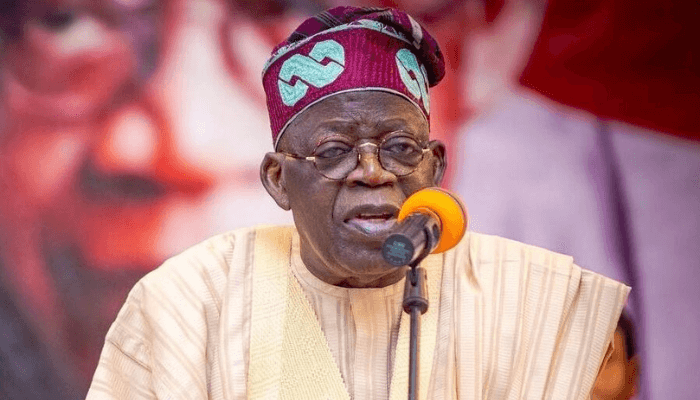In the past couple of weeks, Nigerians have been inundated with distressing stories highlighting alleged sleaze within the Ministry of Humanitarian Affairs and its agency, the National Social Investment Programme, where billions of naira were said to have been diverted into private accounts of some individuals.
In all honesty, this is not the first time that such stories would be emanating from the ministry, but what makes this one distinct is the seeming accusations and counter-accusations by the parties involved through the leaking of official memos on social media.
As expected, the happenings in the ministry and its agencies have triggered a significant public outcry, resonating across various interest groups and eliciting widespread concerns among Nigerians. The gravity of the allegations, coupled with the pivotal role the ministry and NSIPA are expected to play in addressing humanitarian needs and poverty in the country, have sparked a collective demand for a thorough and impartial investigation into the allegations.
In order to reassure Nigerians that such grievous allegations would not be swept under the carpet, President Bola Ahmed Tinubu on January 7, 2024, through a statement by the Minister of Information and National Orientation, Mohammed Idris, ordered a thorough probe into the allegations.
- FG, Abu Dhabi govt parley on supply of 14,000 Nigerian artisans
- Kukah centre urges churches to participate in politics, promote democracy
Subsequently, the president ordered the minister, Betta Edu, to proceed on suspension to give room for thorough investigation into the allegation.
There was also a further directive to the Chairman of the EFCC to conduct a thorough investigation into all aspects of financial transactions carried out by the Federal Ministry of Humanitarian Affairs and Poverty Alleviation.
Already, a high-powered probe panel had been constituted under the chairmanship of the Coordinating Minister of the Economy and Minister of Finance, Wale Edun, to carry out a “comprehensive diagnostic on the financial architecture and framework of the social investment programmes with a view to conclusively reforming the relevant institutions and programmes,” according to a statement by the Presidential Spokesman Ajuri Ngelale.
In essence, President Tinubu’s decision to probe the humanitarian affairs ministry is not merely a response to public pressure; it is a conscientious fulfillment of his duty to deliver on the promises of the Renewed Hope Agenda. This move reinforces his commitment to creating a government that operates with transparency, accountability, and a renewed sense of hope for the citizens of Nigeria.
With this remarkable display of commitment to transparency and good governance, President Tinubu is sending a strong message that no one is above the law. This strategy not only enhances public trust but also serves as a deterrent against corrupt practices.
The approach adopted by the president ensures that public officials accused of corrupt practices are afforded the right to fair hearing while also preventing any form of witch-hunt for any overt or covert reason. Indeed, President Tinubu is setting a standard for ethical governance in Nigeria.
President Tinubu’s proactive stance in addressing corruption aligns with the nation’s aspirations for a transparent and more accountable government. It demonstrates a willingness to tackle the root causes of corruption and create an environment where public resources are used for the benefit of all citizens.
The president’s trait of sincere and steadfast fixity of purpose on anti-corruption, is poised to deliver substantial economic benefits and rejuvenate investor confidence in Nigeria.
Of late, Nigerians were utterly shocked when news filtered in that individuals and corporations that were hitherto thought to be untouchable were being asked by the anti-corruption agency to account for the huge foreign exchange allocated to them in the last ten years.
Investors, both domestic and international, are likely to be reassured by the government’s proactive stance against corruption. A corruption-free business landscape reduces risks and uncertainties, making Nigeria an attractive destination for investments.
Renewed investor confidence is not only a result of the anti-corruption measures but also of the transparency and integrity instilled in the government’s operations. As corruption diminishes, public resources are more likely to be allocated judiciously, creating an atmosphere for economic expansion and progress.
Joe Mutah resides in Abuja

 Join Daily Trust WhatsApp Community For Quick Access To News and Happenings Around You.
Join Daily Trust WhatsApp Community For Quick Access To News and Happenings Around You.


